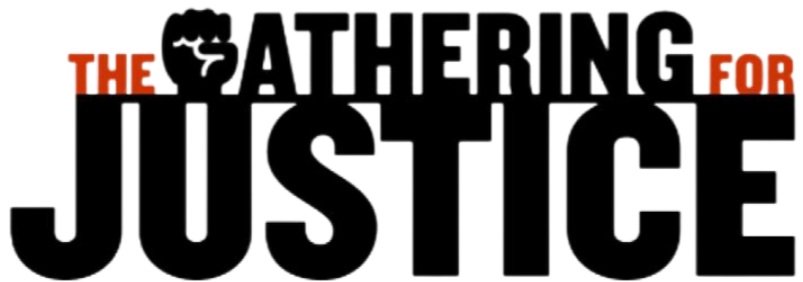We Are Not Your Superheroes: Prioritizing the Mental Health of Women of Color
As we grapple with the unfolding current events of 2023, the need for mental health awareness has become more critical than ever before. July marks Minority Mental Health Awareness Month, a crucial period where we shine a spotlight on the mental health struggles faced by marginalized communities. One such community, women of color, often grapple with these challenges beneath an oppressive veil of silence and misjudgment.
As a Chicana feminist who has been in the public eye, I can personally attest to being misjudged and dealing with the stigma and attitudes surrounding mental health.
In my own journey, dealing with depression and anxiety while in the public spotlight was often disguised as mere stress, and my reactions to public attacks were sometimes dismissed as "suffering in silence." As an organizer and activist for over 20 years, my work gained international recognition through the Women's March on Washington in 2017. However, what I learned was that, for women of color, the public spotlight often brought more hatred and attacks than praise and support.
I found myself falsely accused of anti-Semitism, which completely contradicted everything I had worked for and believed in. It was one of the most challenging experiences of my life, facing a relentless onslaught of public attacks, hate speech, and threats of violence against me and my family. I endured not only cyberattacks from all corners of the world but also faced racism and slurs in public. Throughout this ordeal, I felt compelled to defend myself and my sisters, yet my cries for help were met with attempts to silence and discredit me.
In that dark period, I felt like my entire world had been shattered, a feeling I had only experienced once before when I learned of my sister's tragic death at the age of 17. The isolation and fear I felt during this time was overwhelming, and I struggled to see a way through each hour, let alone each day.
Amid these public attacks, my life was undergoing significant changes; I had recently married and was expecting my first child. This should have been a beautiful time for us, but it was overshadowed by consistent threats that blurred the lines between reality and fear.
One particular incident stands out when my husband tried to send me flowers while I was home alone with our newborn baby. Instead of feeling joy, my stomach churned, and fear gripped me, as I heard the knock on the door. Thoughts of the numerous threats flooded my mind. It took time for me to recognize that the trauma I was experiencing had led to depression, but I pushed myself to keep going, feeling as though acknowledging my struggles was a sign of failure.
Thankfully, my family became my source of healing, and the months of pandemic quarantine with my husband and two babies brought a greater sense of peace. Now, speaking up about my experiences has become an essential part of my healing journey, even though it still scares me. As a moral leader, I believe in embracing controversies and learning from different perspectives. I committed myself to a process of reconciliation with respected leaders of the Jewish faith, emphasizing the importance of understanding how anti-Semitism operates.
During this time, a shocking revelation emerged—Linda, Tamika, myself, and the Women's March had been targets of disinformation campaigns led by the Russian Intelligence Agency. Their objective was to exploit divisions in American democracy, creating discord among feminists rallying against Donald Trump in 2017. The disinformation machine effectively intensified the divides within our movement, attempting to disrupt our united front.
Despite stepping down from the Women's March in August 2020, I focused on the movement-building work I love at The Gathering for Justice. Grounding myself and my team even more deeply in the Six Principles of Kingian Nonviolence provided strength and purpose.
However, the feeling of vulnerability and potential threats to my safety still lingers, compounded by the fact that I am now a mother of two young children. As women of color, we are often denied the empathy to understand the depth of our suffering. We are unfairly expected to be superhuman, as though overcoming incredible odds and systemic barriers should shield us from pain. But we are just as human as anyone else, and our pain is just as real
We shouldn't have to suffer in silence, nor should we be expected to jeopardize our health for any reason. When we finally muster the courage to ask for help, please believe us, because being vulnerable is not easy—it is our last resort.
In this tumultuous year, we must create an environment that encourages open dialogue about mental health struggles, free from judgment or fear. Validating the experiences and pains of women of color is essential. It's time to prioritize mental health and cultivate a culture of empathy and respect, where women of color are seen, heard, understood, invested in and protected. Now, more than ever, it's time to show up for one another, support WOMEN OF COLOR through their healing process and create access to mental health services.
In community,
Carmen Perez-Jordan
President and CEO

